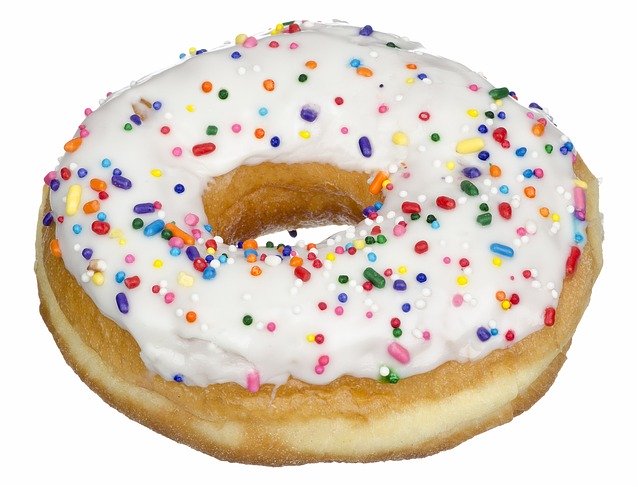We all KNOW we shouldn’t eat too much sugar. But why does it have to be so hard to stop?? Considering that excess sugar consumption is a key player in developing heart disease, diabetes, Alzheimer’s disease, weight gain, depression, inflammation, and weakening the immune system, you’d think that we would all run screaming in the opposite direction of all sugar-based foods. But that is the opposite of what we tend to do! Sugar is everywhere. We celebrate with sugar, we make up for a bad day with sugar, we eat sugar even when we aren’t eating blatantly sugary foods.

It’s hard to get away from it because it’s addictive and it’s everywhere.
We are biologically wired to seek out sweet foods because they provide energy. For our ancestors this meant only naturally sweetened foods like fruit and starchy vegetables. They were using that energy or storing it for later (as body fat) when food was more scarce. Now there are sweet foods all over the place and we are constantly eating them. Not only that but many are designed by food scientists to reach that “bliss point” making you want to come back for more.
Sweet foods activate the reward pathways in our brain. But when you activate it over and over again with highly sweet foods, the feedback loop stops to work correctly and you build up a resistance to the effects of the sugar. It takes more and more to get the same ‘hit’. Just like any other addiction.
One major issue is that it isn’t just sugar that does this. Flour (yes, even whole wheat flour) will raise blood sugar even more than table sugar (depending on the dose), so even if you are aware of avoiding things like candy, cookies, and obvious sources of sugar like that, you might still be consuming a lot more sugar than you realize and still desensitizing that reward center in your brain.
To truly understand how sugar and foods that quickly turn to sugar might be affecting your health requires some work, and that’s the hard part. You do have to consciously decide to forgo certain foods that you may be used to eating. That takes planning, changing habits, and yes, dealing with some potential side effects of getting off the blood sugar roller-coaster. But what could be waiting on the other side of those few days or a week of not feeling great could be more energy than you realized you could have, better sleep, better focus and attention, and likely even some looser fitting clothing!
If you decide to take a break from sugar it can be overwhelming to look at all the places it’s hiding and all the foods you “can’t” have. My suggestion is to focus on all the foods you CAN have! There is a world of possibilities out there of delicious meals you can make from whole, real, foods. Some simple internet searches will reveal a million recipes for all kinds of delicious and healthy meals.
Base your meals around colorful vegetables, quality sources of meat or seafood, and fats like olive oil, avocados, nuts and seeds. Don’t be afraid of foods naturally high in fats, they will help you keep stable energy levels when trying to get off that sugar roller-coaster!
If you know you need a break from sugar (or again, those flour-based foods that basically ARE sugar) but don’t want to do it alone, I’d love for you to consider joining my upcoming Restart® class. Not only will you give your body a 3 week break from sugar but you’ll do it in community with other people and you’ll receive an education about the WHY behind the process. Please go here to read more!

you are aware of if facebook or twitter would just deal with their server tempo they would resolve like 905 of the issues, how tricky can it be?